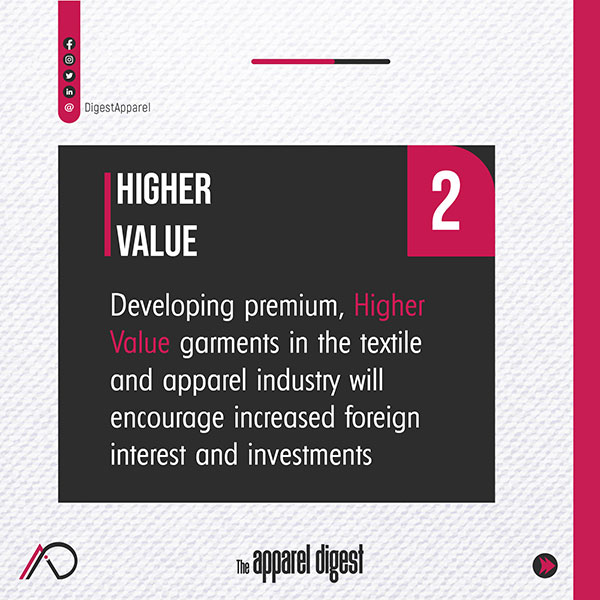Inditex, the parent company of fashion brands such as Zara and Massimo Dutti, entered into a partnership with Maersk to reduce its global GHG footprint from seaborne logistics.
The logistics firm explains this is expected to deliver an estimated reduction of more than 80% in GHG emissions compared to conventional sources.
Customers can manage transportation entirely with certified green fuels for a set price with Maersk’s Eco Delivery solution.
Also, Customers are notified of the greenhouse gas reductions by an externally certified certificate, and Maersk will no longer be required to pay for these transportation under the EU Emissions Trading System (ETS).

Regarding this, Managing Director of Maersk’s Area South West Europe Emilio De La Cruz said, “A lot of customers are asking us for a solution to reduce their Scope 3 emissions, and the first customers are buying this premium solution for their whole cargo under Maersk Bill of Lading now. We are happy to serve this demand with Eco Delivery on an instant basis.”
Abel Lopez, head of import, export and transport, Inditex said, “This collaboration is a great example of how boosting innovative solutions with dedicated partners is key to fight climate change. Through this joint initiative with Maersk, we are making significant strides in reducing emissions associated with our sea freight.”
This project aligns with our goal to reach net zero emissions in 2040 and contributes to scale alternative fuels with a significantly reduced carbon footprint, he added.
De la Cruz adds: “We know Inditex is a very responsibly and sustainably thinking partner and customer and going all the way on their ocean cargo is good news for the environment and climate.”
Maersk hopes to become a net zero company across all business areas by 2040. Inditex is also boosting multimodal transport and is collaborating in Maersk’s new rail solution pilot, RENFE and Cepsa in the South of Spain which was launched in the summer.
Maersk says these close collaborations are essential in order to deliver on its ambitious and mutual decarbonization goals.

